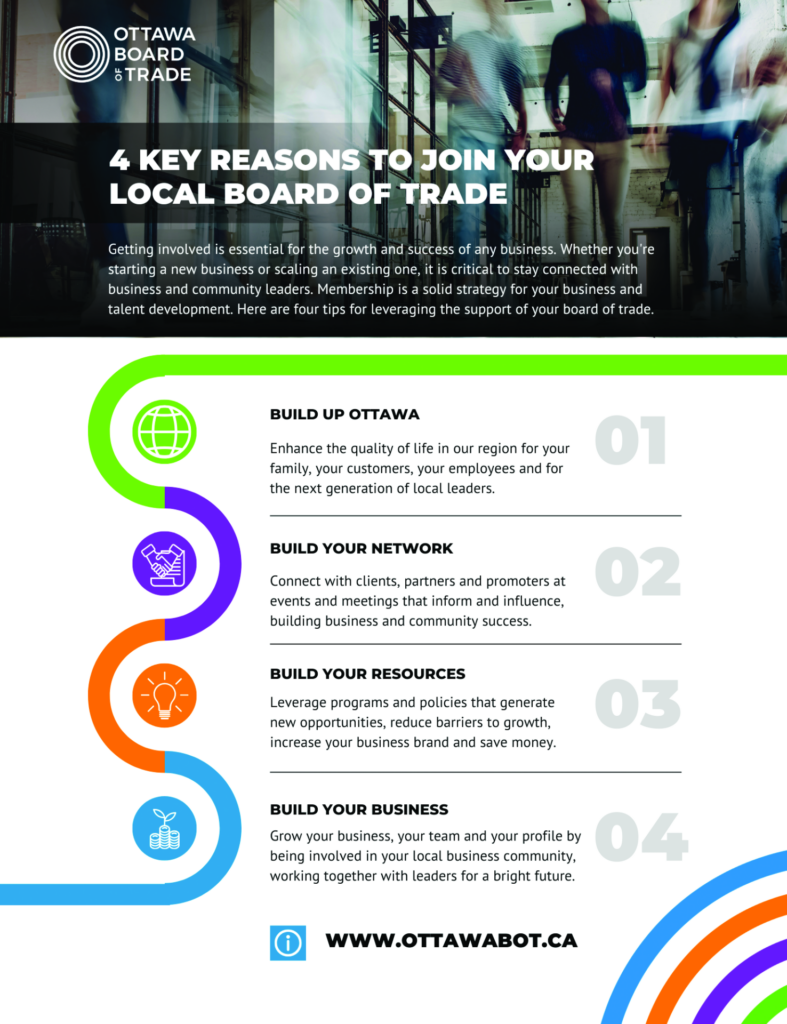The Last Word – Trade is Essential to Economic Recovery for Canadian Small Businesses

Young vendor of flowers standing by counter in flower-shop
by Minister Mary Ng
As COVID-19 swept the world, countries responded by shuttering domestic economies and closing borders. Businesses were forced to close. People were urged to stay home and stay physically distant.
Unfortunately, the decision extended into areas of the global economy where it may yet do lasting damage, notably in international trade.
But as many countries restart their economies, Canada believes it’s essential that our trade relationships remain transparent, trusting, and strong, so that Canadians can continue to depend on and benefit from these relationships – and the opportunities they bring.
Canada’s commitment to international trade that benefits everyone – including small business owners, women, and Indigenous entrepreneurs – matters now more than ever.
Before the pandemic, trade accounted for nearly two-thirds of our economy and supported over 3.4 million Canadian jobs. Many of these were traditional economic drivers like agriculture, resources, and forestry – and we must ensure that workers and businesses in these sectors continue to thrive.
At the same time, we need to grow opportunities for knowledge-based sectors so that Canadians succeed globally. That’s why we’re working to diversify our trade sectors to include globally-relevant, technology-intensive industries such as clean tech, health tech, advanced manufacturing, and digital industries.
Canada will continue being a forceful voice for stable, reliable, rules-based international trade because Canadians’ prosperity depends on it.
Canada has taken a leadership role throughout the pandemic to promote rules-based trade to support our people, through international organizations including the G20, the World Trade Organization, the Asia-Pacific Economic Cooperation, and the Association of Southeast Asian Nations.
I also continue to work with my international counterparts – including Singapore, India, New Zealand, Japan, United Kingdom, France, South Korea, and others – to keep our supply chains open and predictable for Canadian businesses.
Canada remains the only G7 country with a free trade agreement with all other G7 partners. This is Canada’s competitive advantage: our free trade agreements give us priority access to two-thirds of the global economy and 1.5 billion customers, notably in North America with the new NAFTA, in Europe with the Comprehensive Economic and Trade Agreement (CETA), and in the Asia-Pacific with the Comprehensive and Progressive Agreement for Trans-Pacific Partnership (CPTPP).
Access to these markets provide a better quality of life for Canadians, and continue to create opportunities for small businesses across the country.
And our government isn’t letting COVID-19 stop us from helping Canadians explore new opportunities. We are working to advance digital trade and e-commerce for our businesses – which is more important now than ever. In fact, I was thrilled to host Canada’s first-ever virtual trade mission to South Korea at the beginning of November, where we helped women entrepreneurs and all small business owners create new exciting partnerships so they can grow their businesses across dynamic Asia-Pacific markets.
As we look to the future, Canada will keep leading on the world stage to tackle challenges and advance rules-based trade. And by continuing to be bold and unlock new opportunities for our businesses, we will fuel our economic recovery and position Canadians for success in a post-COVID world.























